On May 14, 2025, the world witnessed a dramatic turn in South Asia’s political landscape. In a historic declaration led by Mir Yar Baloch and other exiled leaders, the Republic of Balochistan was proclaimed independent from Pakistan. The proclamation has reignited questions of regional justice and stability—and placed India at a moral and strategic crossroads.
India, as the world’s largest democracy and a civilizational voice for dignity and pluralism, has a rare opportunity to shape the narrative. Its foundational principles of justice, freedom, and self-determination demand a thoughtful engagement with Balochistan’s plea. Just as it stood with the Bengali people in 1971, India today must decide whether it will remain a bystander or rise as a principled actor in South Asia.
Balochistan’s struggle is not new. In 1947, the Khan of Kalat declared independence, invoking treaties with the British that recognized Kalat’s sovereignty. But in March 1948, the Pakistani military annexed the region. The accession, signed under pressure, was never accepted by the Baloch people. The decades since have witnessed five armed uprisings, each met with brutal crackdowns. Human rights groups have documented disappearances, extrajudicial killings, and mass graves—an unrelenting pattern of repression.
Rich in resources, yet impoverished—Balochistan remains Pakistan’s neglected paradox. Despite contributing significantly to Pakistan’s natural gas output and mineral wealth, the region suffers from chronic underdevelopment. Cities like Dera Bugti and Turbat still lack basic infrastructure, while gas from Balochistan fuels homes in Lahore and Karachi. Development projects like the China-Pakistan Economic Corridor (CPEC) have only deepened the sense of exploitation, as locals are displaced while benefits accrue to elites elsewhere.
The reality is clear: Balochistan is governed not as a province, but as an occupied frontier. The Pakistani establishment, dominated by military and Punjabi elites, continues to operate through coercion rather than consensus. The militarization of Gwadar and surrounding districts has intensified feelings of disenfranchisement. State repression is not incidental—it is systemic.
To be fair, Pakistan often justifies its heavy-handedness in Balochistan by citing national security concerns, fears of external interference, and aspirations to preserve territorial integrity. These concerns, while not entirely baseless, cannot excuse decades of sustained human rights violations and political exclusion.
India’s approach to Balochistan has traditionally been one of restraint. But Pakistan’s repeated internationalization of Kashmir, combined with its internal failures in Balochistan, has altered the regional calculus. For India, Balochistan is not just a counter-lever—it is a test of ethical statecraft.
If realized, Balochistan’s independence could dramatically reshape the subcontinent’s strategic landscape. Pakistan’s access to the Arabian Sea would be curtailed. CPEC—a flagship of China’s Belt and Road Initiative—would face serious logistical and security hurdles. China’s $60 billion investment would be exposed to new risks, recalibrating Beijing’s ambitions in the region. At the same time, Pakistan’s internal balance—already fragile due to rising dissent in Sindh, Gilgit-Baltistan, and Khyber Pakhtunkhwa—would be further destabilized.
Yet this is not the time for hasty moves. India must proceed with strategic patience and diplomatic subtlety. Formal recognition of Balochistan is premature. Instead, India should begin by quietly amplifying the Baloch voice on international platforms. This includes engaging with the Baloch diaspora, supporting documentation of abuses, and fostering informal ties with the Baloch government-in-exile.
New Delhi can also offer non-military assistance—training civil society actors, funding research on regional autonomy, and enabling humanitarian support for Baloch refugees. A discreet yet sustained engagement would signal India’s principled alignment without inviting direct confrontation.
It is equally important to humanize the Baloch cause. Figures like Dr. Allah Nazar Baloch, a physician-turned-guerrilla leader, and Karima Baloch, a slain human rights activist in exile, embody the struggle's tragic complexity. Their stories must be told—not to romanticize insurgency, but to illuminate the desperation that fuels it. The world needs to understand that Balochistan is not merely a cartographic unit; it is a land of silenced voices and stolen futures.
As a regional power with global aspirations, India cannot afford to ignore the moral dimensions of its neighbourhood. Justice in Balochistan is not about partitioning Pakistan—it is about holding accountable a state that has repeatedly failed to protect the rights of its own citizens. It is about making space for dignity, democracy, and voice in a region starved of all three.
Pakistan, meanwhile, stands at a reckoning. A country that invokes religious solidarity abroad while oppressing ethnic minorities at home cannot sustain legitimacy. The same structural fault lines that tore East Pakistan apart are now widening in its west. A state that survives on coercion is always one crisis away from collapse.
Balochistan’s declaration may not yet change borders—but it has already changed the discourse. The world is watching how regional powers respond. For India, this is a defining moment to show that its global rise is anchored not just in power, but in principle.
History may not repeat itself exactly—but it rhymes. And in the cries from Gwadar and Quetta, one can hear the faint echo of 1971. Will we listen this time?


Balochistan’s Bid for Freedom: A New Test for South Asian Conscience
Balochistan’s Bid for Freedom: A New Test for South Asian Conscience

On May 14, 2025, the world witnessed a dramatic turn in South Asia’s political landscape. In a historic declaration led by Mir Yar Baloch and other exiled leaders, the Republic of Balochistan was proclaimed independent from Pakistan. The proclamation has reignited questions of regional justice and stability—and placed India at a moral and strategic crossroads.
India, as the world’s largest democracy and a civilizational voice for dignity and pluralism, has a rare opportunity to shape the narrative. Its foundational principles of justice, freedom, and self-determination demand a thoughtful engagement with Balochistan’s plea. Just as it stood with the Bengali people in 1971, India today must decide whether it will remain a bystander or rise as a principled actor in South Asia.
Balochistan’s struggle is not new. In 1947, the Khan of Kalat declared independence, invoking treaties with the British that recognized Kalat’s sovereignty. But in March 1948, the Pakistani military annexed the region. The accession, signed under pressure, was never accepted by the Baloch people. The decades since have witnessed five armed uprisings, each met with brutal crackdowns. Human rights groups have documented disappearances, extrajudicial killings, and mass graves—an unrelenting pattern of repression.
Rich in resources, yet impoverished—Balochistan remains Pakistan’s neglected paradox. Despite contributing significantly to Pakistan’s natural gas output and mineral wealth, the region suffers from chronic underdevelopment. Cities like Dera Bugti and Turbat still lack basic infrastructure, while gas from Balochistan fuels homes in Lahore and Karachi. Development projects like the China-Pakistan Economic Corridor (CPEC) have only deepened the sense of exploitation, as locals are displaced while benefits accrue to elites elsewhere.
The reality is clear: Balochistan is governed not as a province, but as an occupied frontier. The Pakistani establishment, dominated by military and Punjabi elites, continues to operate through coercion rather than consensus. The militarization of Gwadar and surrounding districts has intensified feelings of disenfranchisement. State repression is not incidental—it is systemic.
To be fair, Pakistan often justifies its heavy-handedness in Balochistan by citing national security concerns, fears of external interference, and aspirations to preserve territorial integrity. These concerns, while not entirely baseless, cannot excuse decades of sustained human rights violations and political exclusion.
India’s approach to Balochistan has traditionally been one of restraint. But Pakistan’s repeated internationalization of Kashmir, combined with its internal failures in Balochistan, has altered the regional calculus. For India, Balochistan is not just a counter-lever—it is a test of ethical statecraft.
If realized, Balochistan’s independence could dramatically reshape the subcontinent’s strategic landscape. Pakistan’s access to the Arabian Sea would be curtailed. CPEC—a flagship of China’s Belt and Road Initiative—would face serious logistical and security hurdles. China’s $60 billion investment would be exposed to new risks, recalibrating Beijing’s ambitions in the region. At the same time, Pakistan’s internal balance—already fragile due to rising dissent in Sindh, Gilgit-Baltistan, and Khyber Pakhtunkhwa—would be further destabilized.
Yet this is not the time for hasty moves. India must proceed with strategic patience and diplomatic subtlety. Formal recognition of Balochistan is premature. Instead, India should begin by quietly amplifying the Baloch voice on international platforms. This includes engaging with the Baloch diaspora, supporting documentation of abuses, and fostering informal ties with the Baloch government-in-exile.
New Delhi can also offer non-military assistance—training civil society actors, funding research on regional autonomy, and enabling humanitarian support for Baloch refugees. A discreet yet sustained engagement would signal India’s principled alignment without inviting direct confrontation.
It is equally important to humanize the Baloch cause. Figures like Dr. Allah Nazar Baloch, a physician-turned-guerrilla leader, and Karima Baloch, a slain human rights activist in exile, embody the struggle's tragic complexity. Their stories must be told—not to romanticize insurgency, but to illuminate the desperation that fuels it. The world needs to understand that Balochistan is not merely a cartographic unit; it is a land of silenced voices and stolen futures.
As a regional power with global aspirations, India cannot afford to ignore the moral dimensions of its neighbourhood. Justice in Balochistan is not about partitioning Pakistan—it is about holding accountable a state that has repeatedly failed to protect the rights of its own citizens. It is about making space for dignity, democracy, and voice in a region starved of all three.
Pakistan, meanwhile, stands at a reckoning. A country that invokes religious solidarity abroad while oppressing ethnic minorities at home cannot sustain legitimacy. The same structural fault lines that tore East Pakistan apart are now widening in its west. A state that survives on coercion is always one crisis away from collapse.
Balochistan’s declaration may not yet change borders—but it has already changed the discourse. The world is watching how regional powers respond. For India, this is a defining moment to show that its global rise is anchored not just in power, but in principle.
History may not repeat itself exactly—but it rhymes. And in the cries from Gwadar and Quetta, one can hear the faint echo of 1971. Will we listen this time?






 OpinionExpress.In
OpinionExpress.In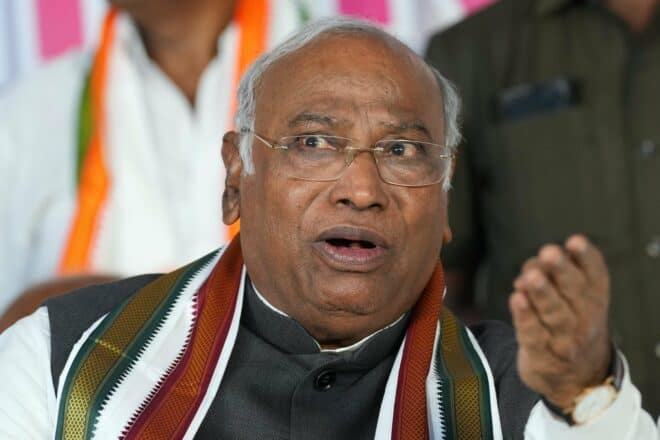
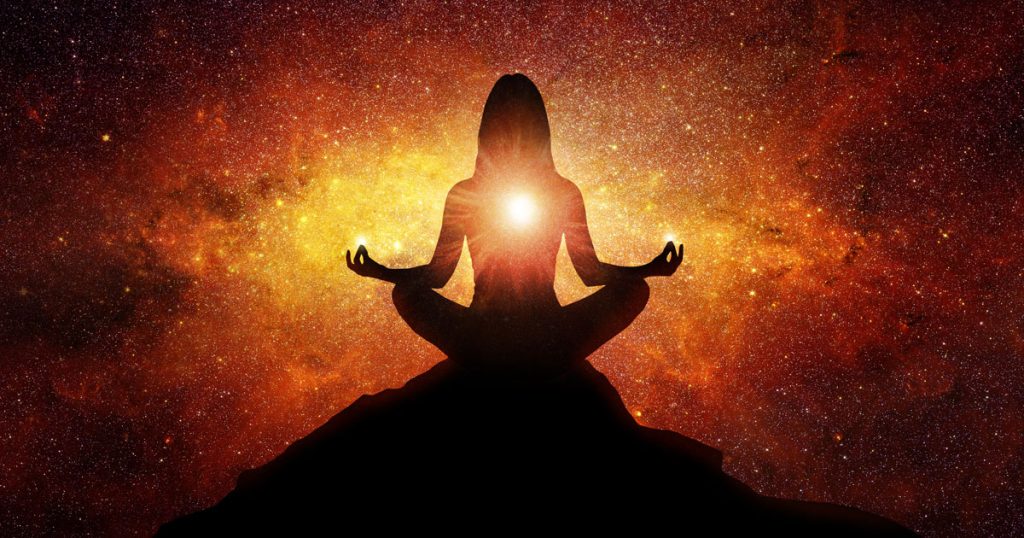
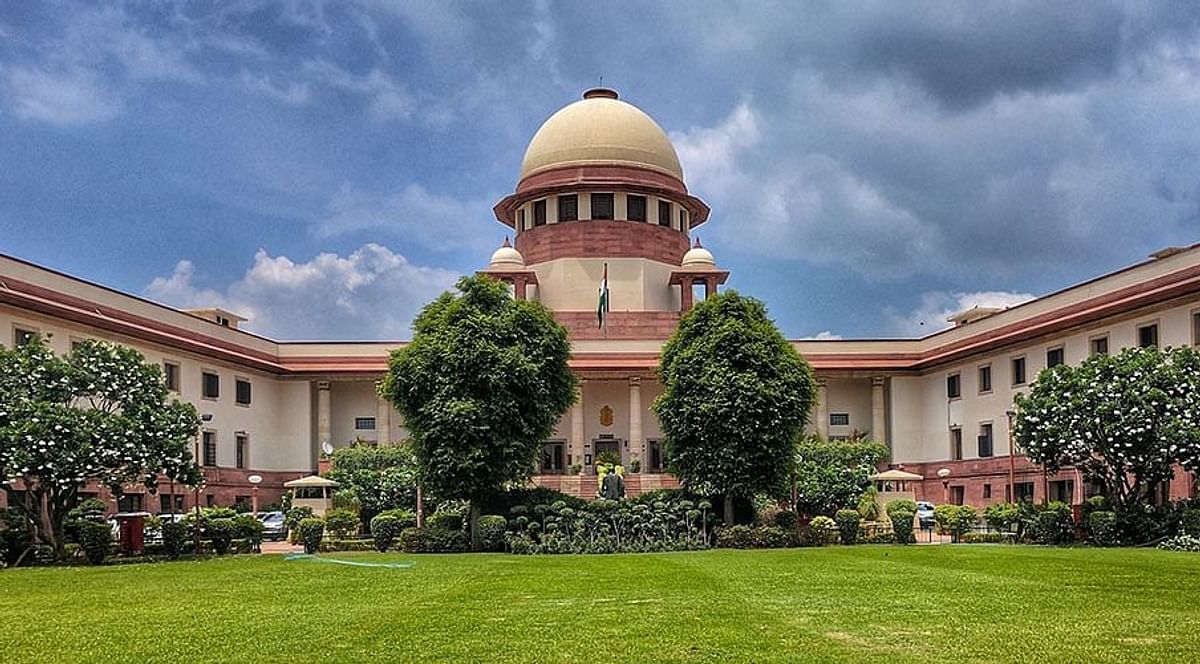
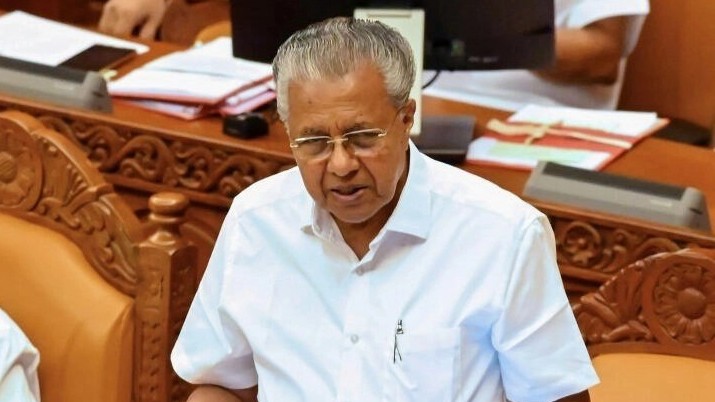
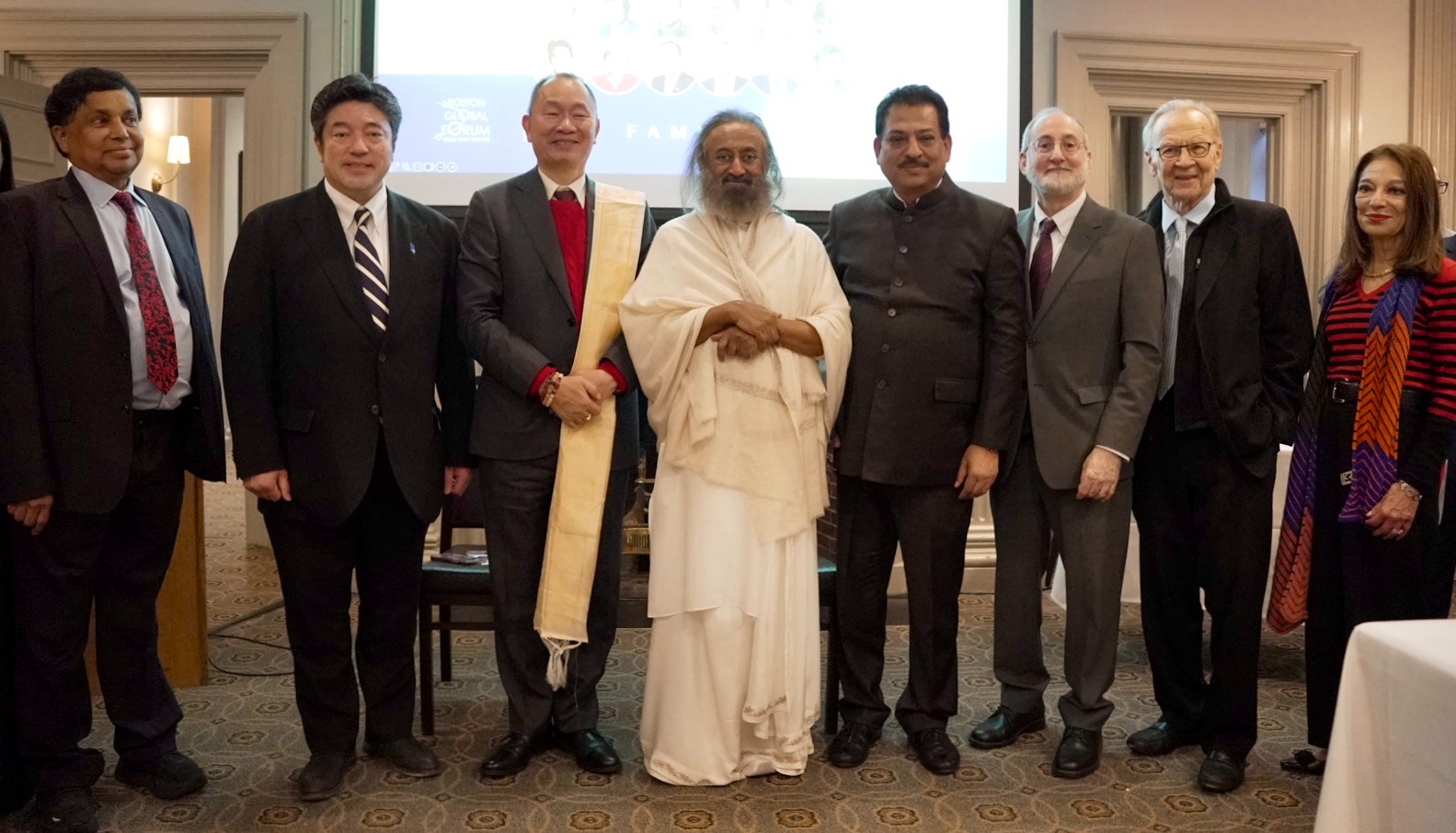
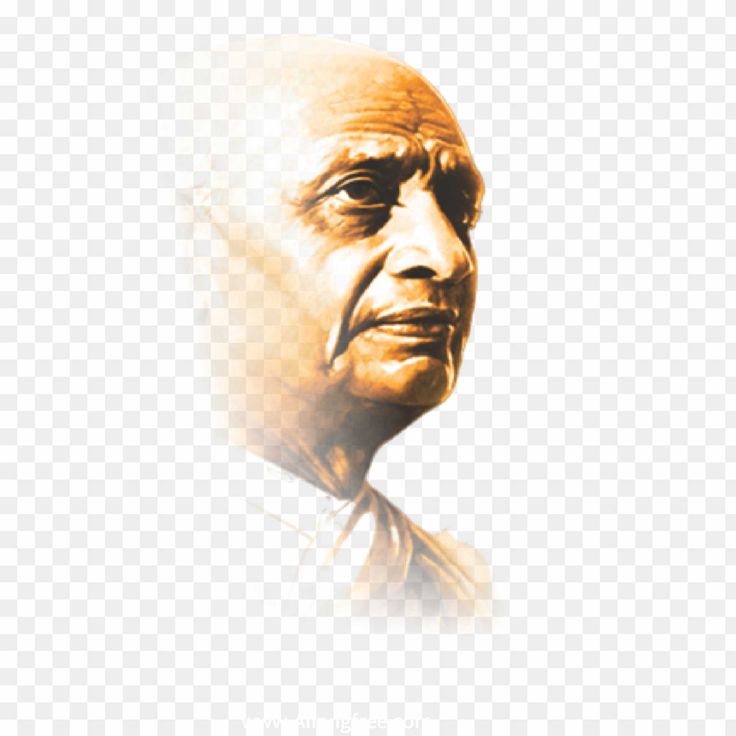
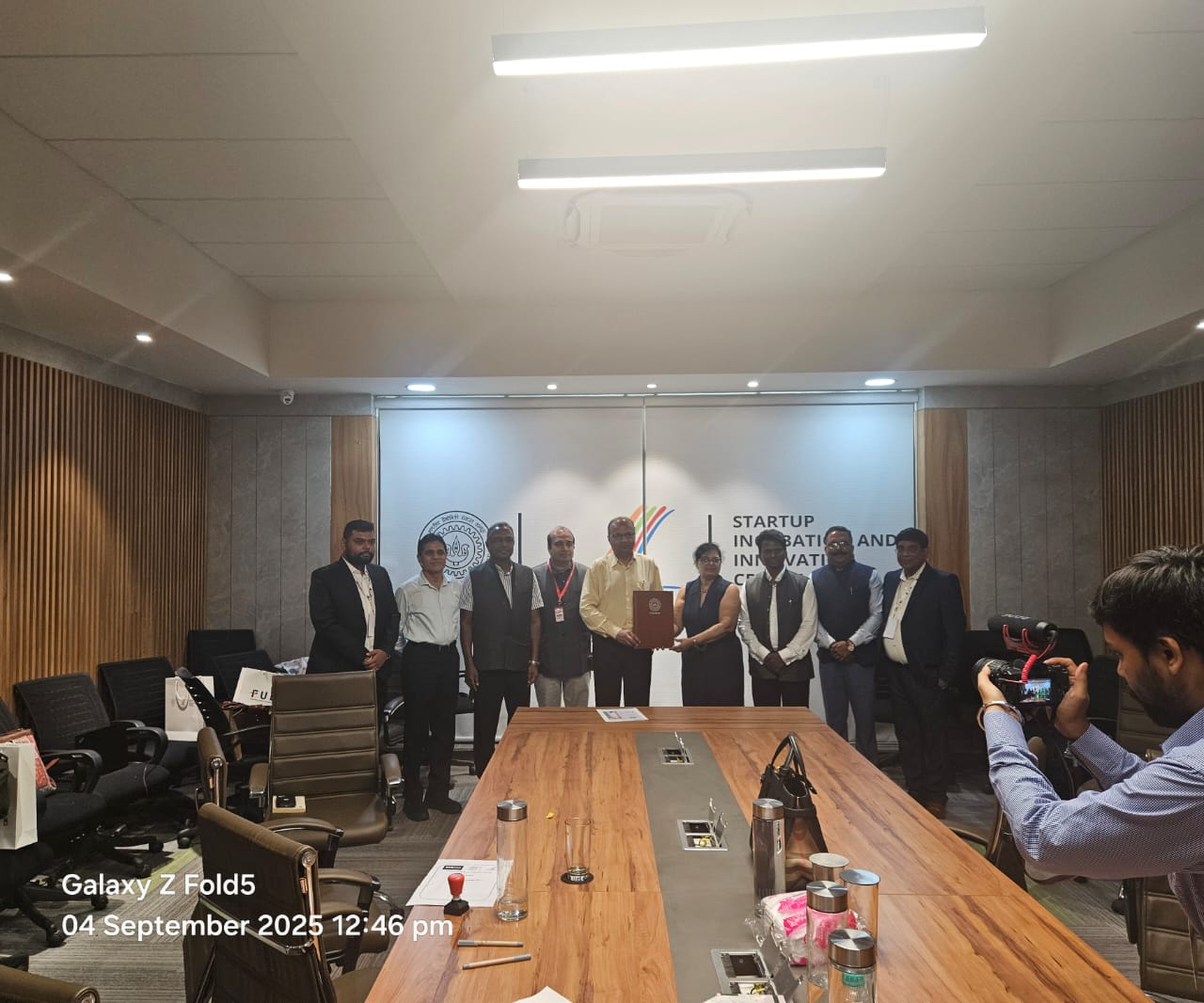
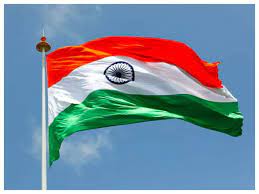
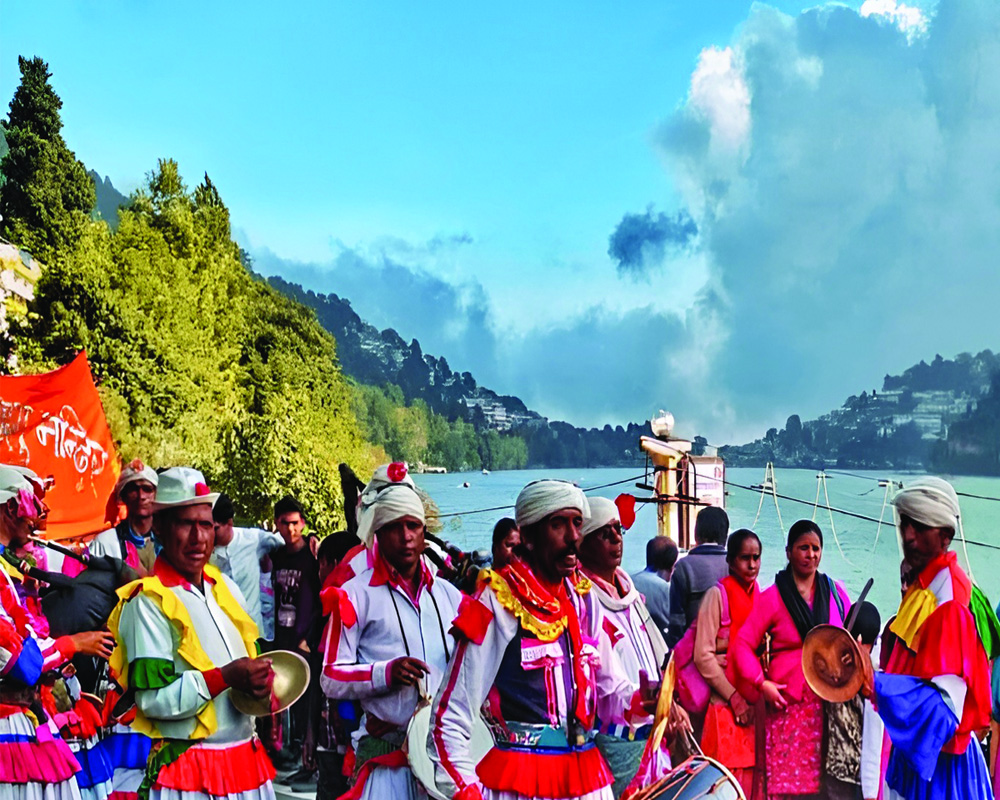







Comments (6)
Dear Bhupesh jiThanks for writing and sharing this article. I totally agree with what you have stated in the article. Keep posting your opinions.Regards,Navveen Kabra
Right sir
What’s the difference between Balochistan Kashmir?All things that Pakistan is doing in Balochistan are being done by both India and Pakistan in the respective area of Kashmir they control. These ideas fuel fire and we don’t know where all it will light up. We should be careful with them and not let amateur jingoism dictate foreign policy.
Crisp n clear presentation of the Baluchistan issue. Keep going . Hope the points raised by you would be implemented to help the Baluch citizens. I appreciate the way you presented . Hats off to you .I do support Balochistan freedom because thereby pak strength will go down.
Nice article and we support Baluchistan freedom.
Bupesh Ji very well written!!